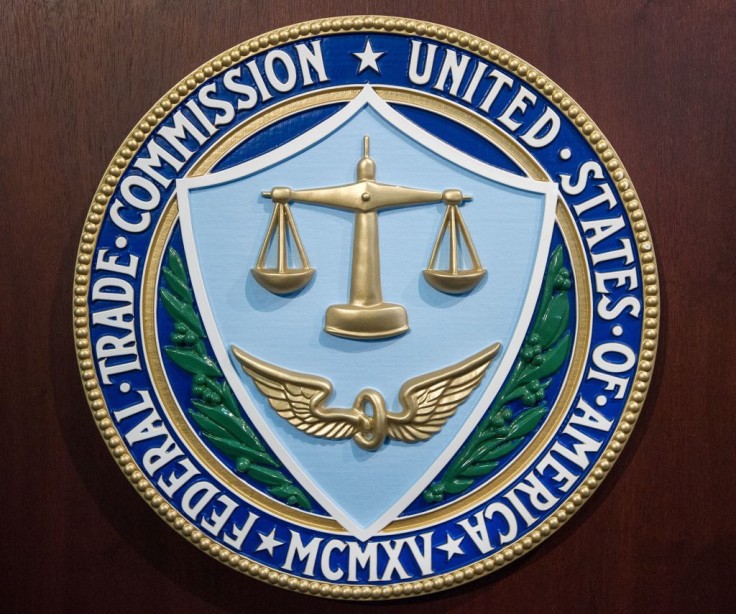
As grieving families navigate the difficult process of saying goodbye to their loved ones, an insidious threat looms in the form of a heartless funeral home scam.
The Federal Trade Commission (FTC) has sounded the alarm, cautioning against a disturbing trend where scammers prey on vulnerable individuals during their moments of grief.
The FTC's warning aims to empower families with the knowledge to protect themselves from falling victim to this callous exploitation.
Exploiting Vulnerability: The Disturbing Funeral Home Scam Unveiled
The FTC has exposed a deeply unsettling trend involving scammers who target those who have recently lost loved ones.
Heartless scammers are preying on grieving families by posing as representatives from funeral homes, exploiting their vulnerability.
The con artists extract information from online obituaries and then call the bereaved, impersonating funeral service providers.
They deceive the mourning relatives into paying deposits to secure planned services or cremations, even using advanced techniques like caller ID "spoofing" to make their calls appear legitimate.
The National Funeral Directors Association has strongly condemned this heartless scheme, labeling it as the "lowest of the low."
Despite warnings posted by funeral homes on social media across the country, some families still fall victim to these scams due to their emotional state.
Awareness is crucial to thwart these malicious efforts and protect those who are already facing immense distress.
The FTC's Urgent Call to Action: Protecting Bereaved Families
Recognizing the urgency of addressing this issue, the FTC has issued a robust warning to grieving families and the wider community.
The Federal Trade Commission emphasizes the importance of awareness and vigilance in thwarting the funeral home scam.
It offers valuable advice to safeguard against falling victim to this heartless exploitation:
Resisting High-Pressure Tactics: The FTC advises families to resist any immediate demands for payment or personal information. Scammers often try to rush victims into making hasty decisions. Genuine businesses understand the need for time and consideration.
Direct Contact Verification: To verify the authenticity of a call, individuals are encouraged to use verified phone numbers obtained from official documentation, such as the General Price List provided by the funeral home. This step helps ensure that communication is legitimate.
Payment Awareness: Scammers frequently request untraceable payment methods like wire transfers, cryptocurrencies, or gift cards. The FTC warns against complying with such requests and urges individuals to avoid depositing checks and sending money back.
Read Also: Georgia Family Files Lawsuit After Doctor's Alleged Excessive Force Leads to Baby's Decapitation
Tales of Resilience: Stories of Escaping the Funeral Home Scam
Amidst the disheartening stories of those who have fallen victim to the funeral home scam, there are tales of resilience and victory against these heartless scammers.
Lisa Ann Motto, who experienced the scam firsthand after her husband's passing, refused to be silenced. She shared her harrowing experience on social media, hoping to shield others from the same fate.
Deniece Leistner, another individual targeted by the scam, demonstrated a shrewdness that deterred scammers from succeeding. Her quick thinking and decision to contact the actual funeral home prevented her from succumbing to their deceitful tactics.
By staying well-informed, exercising caution, and heeding the FTC's guidance, families can collectively thwart scammers and their reprehensible tactics.
The funeral home scam's exposure serves as a stark reminder of the importance of vigilance in safeguarding loved ones' legacies.